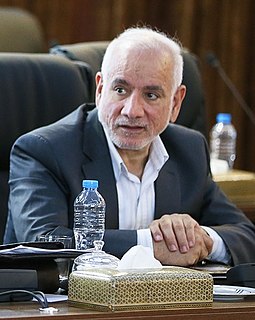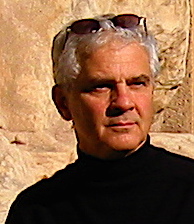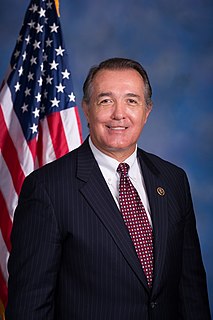A Quote by Gholam Reza Aghazadeh
Now that Iran has entered into production of nuclear fuel on an industrial, there will be no limit on the production of nuclear fuel in Iran.
Quote Topics
Related Quotes
The international community must do a better job of controlling the risks of nuclear proliferation. Sensitive parts of the nuclear fuel cycle - the production of new fuel, the processing of weapon-usable material, the disposal of spent fuel and radioactive waste - would be less vulnerable to proliferation if brought under multinational control.
Iran's Supreme Court has issued a fatwa against the development of nuclear weapons. President [Hassan] Rouhani has indicated Iran will never develop nuclear weapons. I've made clear that we respect the right of the Iranian people to access peaceful nuclear energy in the context of Iran meeting its obligations.
International inspectors are on the ground and Iran is being subjected to the most comprehensive, intrusive inspection regime ever negotiated to monitor a nuclear program. Inspectors will monitor Iran's key nuclear facilities 24 hours a day, 365 days a year. For decades to come, inspectors will have access to Iran's entire nuclear supply chain. In other words, if Iran tries to cheat - if they try to find build a bomb covertly, we will catch them.
We support any deal that denies Iran nuclear weapons, that has a continuous and robust inspection mechanism and that has snap-back provisions in case Iran violates the agreement. Our concern is that Iran will use the income it receives as a result of the lifting of the nuclear sanctions in order to fund its nefarious activities in the region.
Congress has a limited role in regards to the nuclear agreement with Iran. We do have a review statute that was enacted into law where we review Iran's compliance with the agreement, and we have certain requirements on the President to keep us informed. What we have seen so far is that Iran is in compliance with the nuclear part of the agreement, but certainly has violated non-nuclear issues.






























